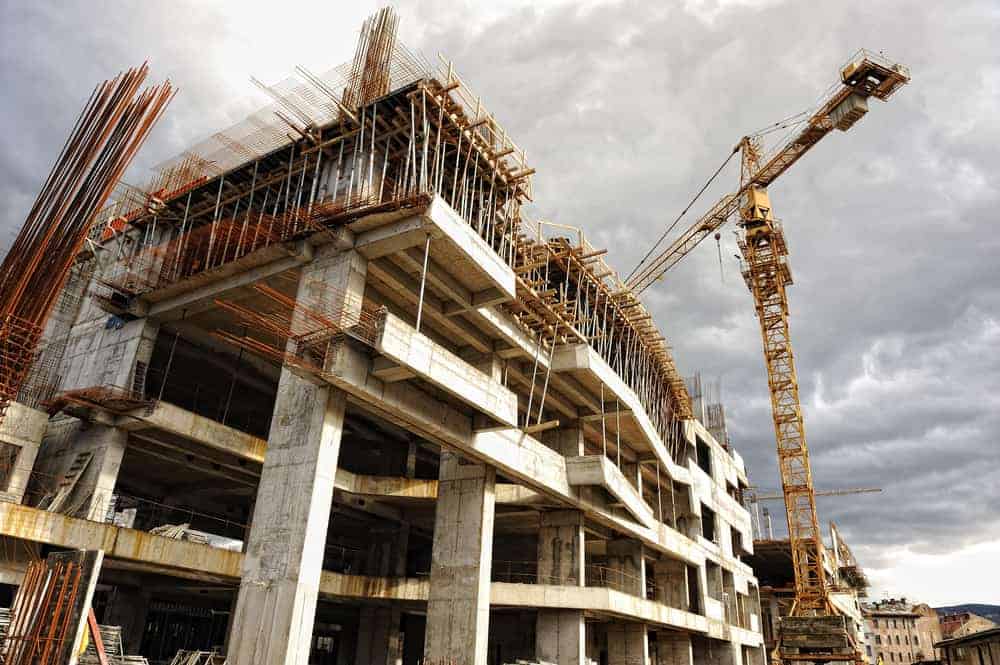
Easier Way to Seek for Unpaid Construction Claims
Summary or Take-Away Points:
For a long time, the only ways contractors could claim for their unpaid payments was to pursue court litigation or arbitration. For several reasons, these were not feasible and, in many cases, contractors were financially prevented from going the distance in both litigation or arbitration in regards to their claims for unpaid monies. To overcome the essential issue of cashflow, the Construction Industry Payment And Adjudication Act, 2012 (“CIPAA”) was enacted and became law on 15th April 2014. CIPAA is aimed at providing a quicker mechanism to determine the validity and entitlement of such claims. The whole process and time involved could be summarised as follows:-
It is important to note that the term “working days” meant that days which are national public holidays, weekends and state holidays where the project is located are excluded from the calculation of the time period. The adjudication decision will usually contain the quantum, manner and period in which payment is to be effected to winning party. For now, construction adjudication is a “zero-sum” for the party (i.e. the non-paying party) that is refusing to pay the contractors’ claims. This means that while the non-paying party is able to raise a “set-off” against the contractors’ claims and succeeds, they are only able to extinguish the contractor’s claims. If the non-paying party still refuses to abide by the adjudication decision, then the adjudication decision would have to be enforced through the High Court. This process is not a re-hearing on the merits of the claim and it is not an appeal. Compared to litigation or arbitration, construction adjudication under CIPAA is much faster given the time period that is prescribed under CIPAA. Finally, it is worthwhile to bear in mind that construction adjudication attempts to rectify the underlying problem of cashflow in the construction industry. In doing so, it is often considered as “rough justice” and the party who is not satisfied by the adjudication decision is still able to pursue litigation or arbitration and re-open the findings of the adjudication decision for a final determination.
- Construction adjudication provides for a quicker and simpler way for contractors to claim for their unpaid construction claims.
- The law governing construction adjudication in Malaysia is the Construction Industry Payment And Adjudication Act, 2012.
- The “appointing authority” and “administrator” for construction adjudication in Malaysia is the Asian International Arbitration Centre (formerly known as the Kuala Lumpur Regional Centre for Arbitration) (“AIAC”).
For a long time, the only ways contractors could claim for their unpaid payments was to pursue court litigation or arbitration. For several reasons, these were not feasible and, in many cases, contractors were financially prevented from going the distance in both litigation or arbitration in regards to their claims for unpaid monies. To overcome the essential issue of cashflow, the Construction Industry Payment And Adjudication Act, 2012 (“CIPAA”) was enacted and became law on 15th April 2014. CIPAA is aimed at providing a quicker mechanism to determine the validity and entitlement of such claims. The whole process and time involved could be summarised as follows:-
| DOCUMENT / EVENT | TIME PERIOD ALLOCATED (WORKING DAYS) |
|---|---|
| Payment Claim | – |
| Payment Response | 10 (from receipt of the Payment Claim) |
| Notice of Adjudication (and proposal on the appointment of the Adjudicator) | 10 |
| Appointment of Adjudicator (if by the AIAC) | 5 (if there is no agreement by the parties on the Adjudicator’s appointment in the Notice of Adjudication) |
| Acceptance of the Adjudicator’s terms of appointment | 10 (from the date of the parties’ agreement to appoint or the date of the AIAC’s appointment of the Adjudicator) |
| Submission of the Adjudication Claim | 10 |
| Submission of the Adjudication Response | 10 |
| Submission of the Adjudication Reply (if any) | 5 |
| Delivery of the Adjudicator’s decision | 45 (from the receipt of the Adjudication Reply or expiry of the time for the submission of the Adjudication Response) |
It is important to note that the term “working days” meant that days which are national public holidays, weekends and state holidays where the project is located are excluded from the calculation of the time period. The adjudication decision will usually contain the quantum, manner and period in which payment is to be effected to winning party. For now, construction adjudication is a “zero-sum” for the party (i.e. the non-paying party) that is refusing to pay the contractors’ claims. This means that while the non-paying party is able to raise a “set-off” against the contractors’ claims and succeeds, they are only able to extinguish the contractor’s claims. If the non-paying party still refuses to abide by the adjudication decision, then the adjudication decision would have to be enforced through the High Court. This process is not a re-hearing on the merits of the claim and it is not an appeal. Compared to litigation or arbitration, construction adjudication under CIPAA is much faster given the time period that is prescribed under CIPAA. Finally, it is worthwhile to bear in mind that construction adjudication attempts to rectify the underlying problem of cashflow in the construction industry. In doing so, it is often considered as “rough justice” and the party who is not satisfied by the adjudication decision is still able to pursue litigation or arbitration and re-open the findings of the adjudication decision for a final determination.


Leave a Reply